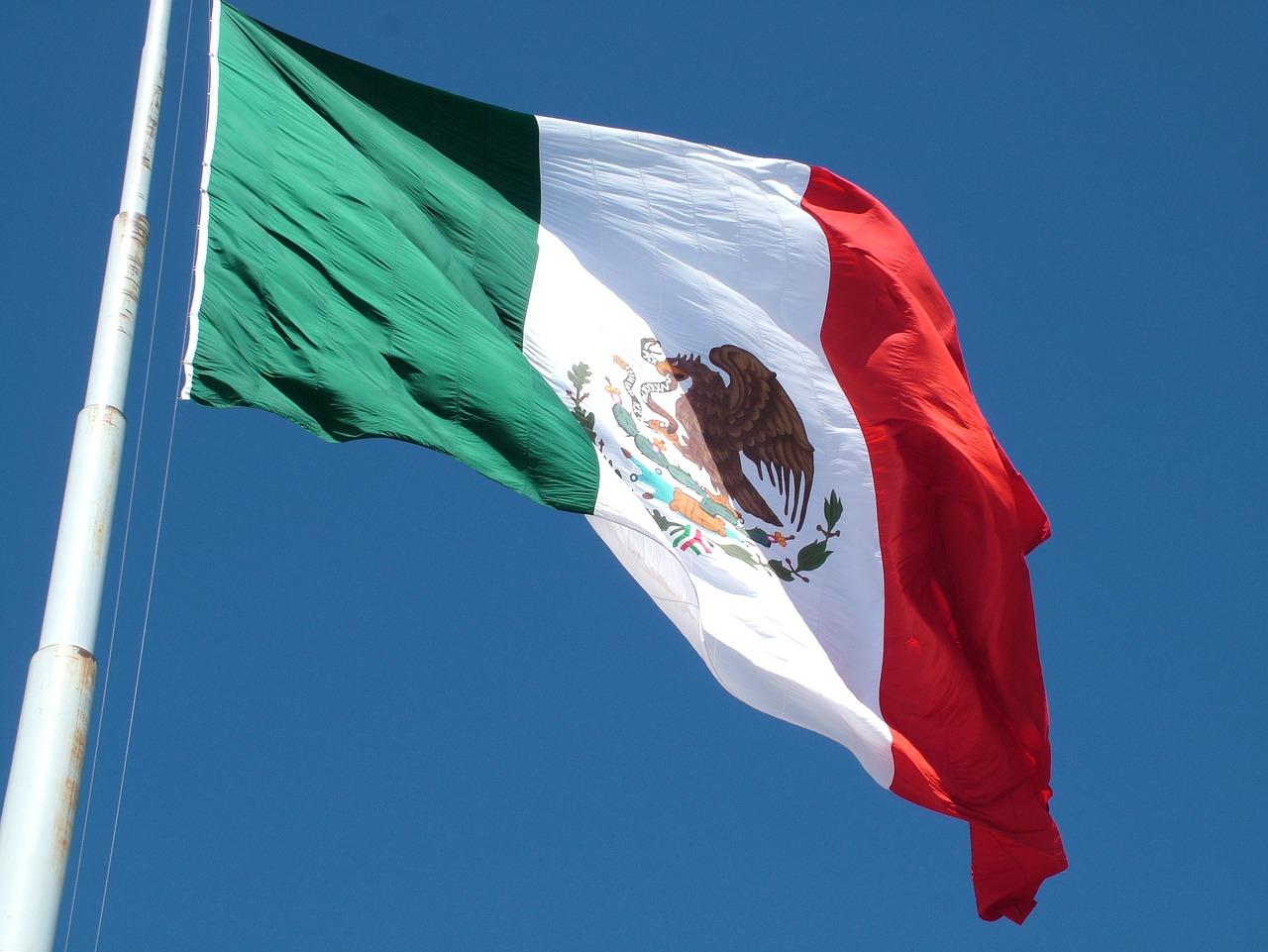The international market is ripe with opportunity for exporters to tap into new pools of demand outside of their country’s borders. There can be some challenges when transitioning from domestic sales to those abroad, however, especially when working with global buyers who request open account payment terms and with local banks that pose strict regulations. More often than not, companies will need some sort of financing to overcome financial risks and transactional issues and achieve this transition.
Furthermore, export businesses, such as your textile manufacturing company, often require more than just mere funding to ensure their operations run smoothly while waiting on payment from their customers overseas, as well as to maximize their profitability. When your business is faced with questions involving credit insurance, you, like other exporters, might be left wondering which kind of coverage is best for your business. To get your company outfitted with the funding and credit protection it needs for success overseas, it is worth exploring well-established and reliable international trade finance companies like Tradewind that can help you get your financial situation on the right track.
Export Financing
Credit Insurance has You Covered
Working with international buyers, especially those in politically unstable regions or with financial and operating details that are hard to verify, can be risky. Take the time to have an in-depth conversation with an expert who can walk you through the ins and outs of credit insurance policies, then work to make sure you get export coverage that is the most secure and the most relevant for the specific needs of your textile manufacturing company. In the chance that your buyer does default on payment, credit protection that is packaged into the trade finance services of financial companies like Tradewind will ensure that you still get paid.
Maintaining Your Revenue Stream for Your Textile Manufacturing Export Business
After your supplier has been paid and your products have been delivered to your customer, maintaining continuous cash flow is essential for the cycle to start all over. Working with an international trade company will provide financing for your accounts receivable, which in turn will help you as an exporter or importer to access the funds that you need to pay your employees as well as other expenses, including the raw materials required to fill new orders. This type of financing is known as export factoring. When you are running a fast-paced business, you don’t want to have to wait to get paid. Instead, you need access to working capital, so you can attain your growth objectives and keep your business ahead of the competition.
Textile manufacturing companies can benefit significantly from their exporting operation. According to the Washington, D. C.-based National Council of Textile Organizations, the exports of apparel and textiles accounted for $28.6 billion of activity in the U.S. economy during 2017. In fact, exporting businesses were credited with playing a major role in getting the U.S. economy past the recession. Not just major corporations benefitted from exports, though: the U.S. Department of Commerce reported that 98% of the exporters in the U.S. are small and medium-sized companies that don’t have more than 500 employees.
There are many benefits and opportunities available to textile manufacturing companies through exporting, including:
- Lower unit costs
- Spreading risk out through geographic diversification
- Access to more business and consumers
- Expanding mature product life cycles
By working with a financial organization that is experienced in international trade and exporting, you can help make your company more viable in the competitive world of exports as well as in the textile industry. You should know that 95% of the world’s consumers live outside the U.S., which means the majority of potential segments to tap into are located abroad. Plus the U.S. market is saturated with products. Your quality textile products can be sold in other parts of the world, where they are going to help open doors, increase your company’s sales and boost your finances.
How Export Factoring Works
Through export factoring, short-term cash flow issues can be resolved when you sell your company’s accounts receivable in exchange for an advance that totals up to 95% of the face value of your invoices. In return, the trade finance company that purchases those accounts receivable will get the full amount of the invoice from the customer on maturity. Once the invoice has been paid in full, you will receive the balance. Using a non-recourse factoring approach, you will have credit protection. The factoring company that you work with will review the creditworthiness of your buyer, then set a credit limit for them.
When your factoring company buys all your accounts receivable, you are usually paid anywhere from 24 to 48 hours after the invoices have been submitted. Your trade finance company will handle all your accounts receivable management and takes care of the entire dunning process. If your client is unable to pay because of insolvency, you will be paid by the factoring company regardless. To learn more about the export finance services available, you may contact an international trade finance company such as Tradewind.

